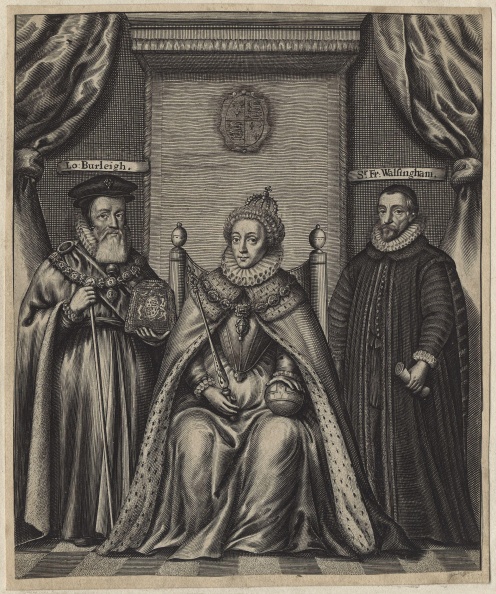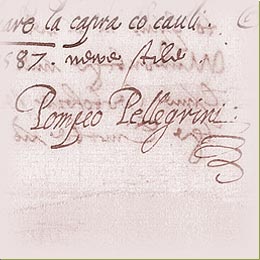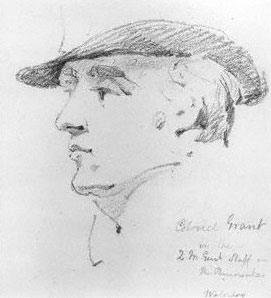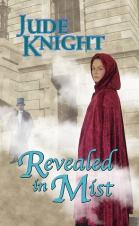
We’ve loved our spy fiction for over 100 years. The early years of the twentieth century saw the start of the genre, with Kim, by Rudyard Kipling, several books by Joseph Conrad, The Scarlet Pimpernel, by Baroness Orczy, even some of the Sherlock Holmes stories by Sir Arthur Conan Doyle.
Sexy heroes, thrilling encounters, mysterious beautiful women, and ghastly villains. Spy novels had it all. How things have changed.
Disreputable and dishonest
In the past, spying was a murky hidden business, and spies despised as liars who sold their honour. The British Secret Service was not founded until the twentieth century, and before that spies were seen as dishonest and disreputable. Yet without them, the history of England would be very different.
Henry VIII and Elizabeth I both had spymasters whose extensive spy networks helped keep their royal majesties on their throne.
Sir Anthony Standen—torn between loyalties

One of those spies was a Catholic refugee from Protestant England, whose reports on the Spanish Armada allowed the English to attack the Spanish Fleet at Cadiz. Sir Francis Drake fired ships and sunk galleys, putting the invasion off for years.
Poor Sir Anthony Standen. His love for England and his love for his faith conflicted, and — although he eventually returned to his home country — he was not welcomed by a grateful nation. Indeed, though he was sent on further spying missions, he was also imprisoned for a time in the Tower of London.
It is an interesting juxtaposition: his sterling work for the Crown did not (in the eyes of some) prove his patriotism, but rather his lack of moral fibre. He spied, therefore he could not be trusted.
Spying at home as well as abroad
Walsingham and his successors were as likely to spy on Englishmen as on enemies from abroad. William Pitt the Younger, in more than tripling the amount spent by the government on spying and infiltration of potentially rebellious organisations, was walking in well-trodden footsteps. The budget passed through the hands of a few civil servants at home, and ambassadors and military commanders abroad, with no more accounting than this oath.
I A.B. do swear, That the Money paid to me for Foreign Secret Service, or for Secret Service in detecting, preventing, or defeating, treasonable, or other dangerous Conspiracies against the State…, has been bona fide, applied to the said Purpose or Purposes, and to no other: and that it hath not appeared to me convenient to the State that the same should be paid Abroad. So help me GOD.
A secret part of the Post Office opened, read, and copied mail, especially mail from foreign governments. And both amateur and professional informers reported on their neighbours.
Systematic spying
Napoleon employed a network of spies, under the Minister of Police, Joseph Fouche, who had survived the two previous regimes and would survive the Empire to serve the restored monarchy.
The English system was much more ad hoc. Spies, yes, and many of them, but probably no central co-ordination, though William Savage makes a good argument for the central role of The Alien Office.
Overseas, diplomats and military commanders took the fore. We know the names of some of the diplomatic spymasters who plotted against Napoleon: William Wickham in Switzerland, Francis Drake* in Munich and later Italy.

Noble spies
Wellington had ‘exploring officers’, who would have challenged you to a duel had you dared to call them spies. They were officers and gentlemen, and if they did creep behind enemy lines to collect information, they wore their uniforms to do so. Wearing a disguise or other forms of deception would be beneath their code of civilised behaviour.
But Wellington (and other military leaders) also had other intelligence gatherers who were less particular. Did some of them include members of the great aristocratic families of England? If so, we would not expect to find out from the records. Such a secret would reflect badly on those families, and would never be disclosed.
Spies of romance
So we are free to imagine that the romantic heroes and heroines of our modern stories might represent some, at least, of the spies whose reports on Napoleon’s troops, movements, and intentions saved England from invasion. Or who uncovered plots at home.
Prudence Virtue, heroine of my book Revealed in Mist, is a spy in the service of the mysterious Tolliver. Recruited after a love affair turned sour, she infiltrates the houses of the ton to uncover secrets and help defend the State. Or so Tolliver claims.
Jude Knight
 Jude Knight’s writing goal is to transport readers to another time, another place, where they can enjoy adventure and romance, thrill to trials and challenges, uncover secrets and solve mysteries, delight in a happy ending, and return from their virtual holiday refreshed and ready for anything.
Jude Knight’s writing goal is to transport readers to another time, another place, where they can enjoy adventure and romance, thrill to trials and challenges, uncover secrets and solve mysteries, delight in a happy ending, and return from their virtual holiday refreshed and ready for anything.
Since publishing Candle’s Christmas Chair in December 2014, Jude’s name has seldom been off Amazon bestseller lists for one or more books. She is a member of Romance Writers of New Zealand, and of the Beau Monde chapter of Romance Writers of America. You can visit her at http://www.judeknightauthor.com
Revealed in Mist is out December 13, 2016.
Website | Facebook | Twitter | Pinterest | Email
References
Ioffe, Alexander: Espionage During the Napoleonic Wars. The Dear Surprise.
Rice, Patricia: Spies in Regency England. Word Wenches
Savage, William: The C18th British Secret Service under Pitt. Pen and Pension.
Secrets and Spies, National Archives Exhibition.
*The diplomat, not to be confused with Sir Francis Drake. -Ed.

[…] Source: Lies, Spies, and Unsung Heroes: Espionage and the British Empire […]
LikeLike
Reblogged this on spiritofnlm.
LikeLike
Thank you.
LikeLike
I would think it would be very hard to be a spy because no one would really know about your work/service until years later and the good that your spying might have done for the country. You can also kinda understand why some people would find them hard to trust because if they were able to pull the wool over other peoples eyes , are they doing the same to you?
LikeLike
Yes, very hard!
LikeLike
Thank you for hosting me, Jessica.
LikeLike
Thank you for stopping by! It’s always a pleasure! 🙂
LikeLike